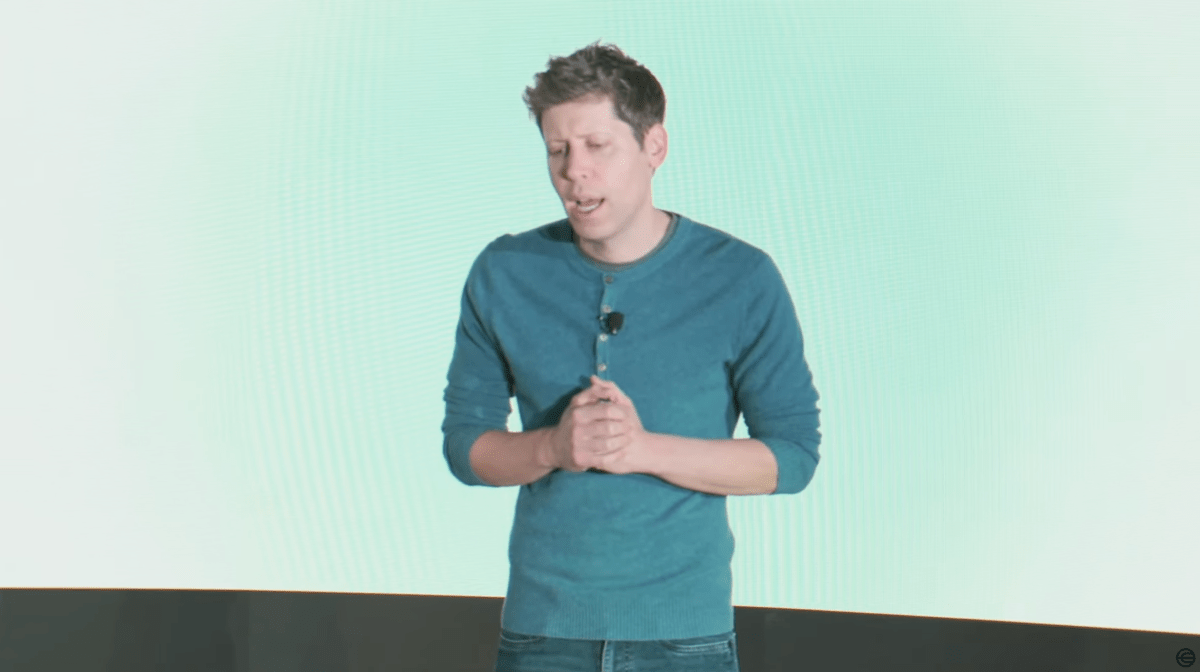OpenAI was at one point considering acquiring Cerebras, an AI chipmaking company that’s in the process of going public, according to new legal filings. Elon Musk’s ongoing lawsuit against OpenAI has new exhibits that describe how OpenAI was contemplating snatching up Cerebras in or around 2017 — a year after Cerebras’ founding, and just a […]
© 2024 TechCrunch. All rights reserved. For personal use only.
OpenAI was at one point considering acquiring Cerebras, an AI chipmaking company that’s in the process of going public, according to new legal filings.
Elon Musk’s ongoing lawsuit against OpenAI has new exhibits that describe how OpenAI was contemplating snatching up Cerebras in or around 2017 — a year after Cerebras’ founding, and just a few years after OpenAI began operating.
In an email addressed to OpenAI CEO Sam Altman and Musk, Ilya Sutskever, one of OpenAI’s co-founders and ex-chief scientist, floated the idea of buying Cerebras through Tesla, Musk’s EV company. At the time, Musk was financially involved in OpenAI and exerted some influence over its direction.
“In the event we decide to buy Cerebras, my strong sense is that it’ll be done through Tesla,” Sutskever wrote in September 2017. “But why do it this way if we could also do it from within OpenAI? Specifically, the concern is that Tesla has a duty to shareholders to maximize shareholder return, which is not aligned with OpenAI’s mission. So the overall result may not end up being optimal for OpenAI.”
In an earlier email dated July 2017 from Sutskever to Musk and OpenAI co-founder Greg Brockman (now the company’s president), Sutskever mentions several Cerebras-related agenda items: “Negotiate merger terms with Cerebras” and “More due diligence with Cerebras.”
The merger deal would ultimately fall through, although it’s not clear from the exhibits why. And OpenAI would end up shelving its chip ambitions for years.
Cerebras, based in Sunnyvale, California, builds custom hardware to run and train AI models and claims its chips are faster and more efficient than Nvidia’s flagship offerings for AI workloads.
Having raised $715 million in venture capital, Cerebras is reportedly seeking to roughly double its $4 billion valuation through the IPO. But it faces considerable challenges. A single Abu Dhabi firm, G42, accounted for 87% of Cerebras’ revenue in the first half of 2024, and U.S. lawmakers have expressed unease about G42′s historic ties to China. Cerebras CEO Andrew Feldman also has a checkered past, having pled guilty to circumventing accounting controls while a VP at public company Riverstone Networks.
If the acquisition had happened, it could have benefited both companies. Cerebras would’ve avoided the path to a tricky IPO, while OpenAI might’ve had a vital resource in its race to build in-house chips.
OpenAI has long sought to reduce its reliance on Nvidia, which commands a massive share of the market for AI-optimized chips. While OpenAI is late to the in-house chip game — Google and Amazon Web Services, among others, have long offered chips designed for AI workloads — it’s under pressure to reduce the cost of model training, fine-tuning, and running. Having its own chips could be one way to attain the reductions it needs.
OpenAI at one point hoped to establish a network of factories for chip manufacturing, and was considering an acquisition target. But it’s reportedly abandoned those plans in favor of aggressively building out a team of chip designers and engineers, and working with semiconductor firms Broadcom and TSMC to create an AI chip for running models. It could arrive as soon as 2026.

Leave a Reply